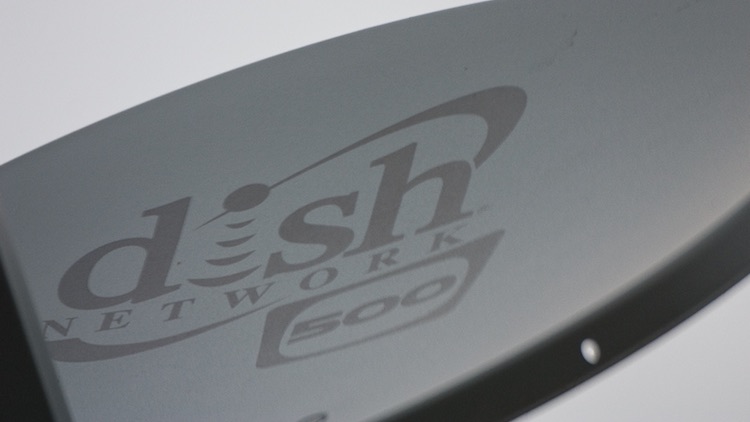Dish: Hearst TV Stations Off in 26 Markets

The smarter way to stay on top of broadcasting and cable industry. Sign up below
You are now subscribed
Your newsletter sign-up was successful
According to Dish, Hearst has pulled its TV station signals from the satellite operator in 26 markets after both sides failed to reach a retrans agreement.
Dish said it was still actively working to negotiate an agreement but advised its subs that they could get an over-the-air antenna to get the Hearst stations in the interim.
Dish executive VP and general counsel R. Stanton Dodge said the FCC and Congress should step in to end blackouts, and Dish said its customers could make the same pitch to Washington.
"Hearst’s decision to cut ties with Dish customers is a prime example of why Washington needs to stand up for consumers and end local channel blackouts," said Dodge. "Broadcasters like Hearst use their in-market monopoly power to put profits ahead of the public interests they are supposed to serve."
The satellite operator pushed the FCC, under then FCC chairman Tom Wheeler, to make blackouts de facto bad faith bargaining, but that didn't happen.
Dish said it would have agreed to an extension and a true-up of the fees afterwards, but that didn't happen. Actually, Hearst had granted a 48-hour extension to midnight, March 2, which expired with no deal.
Hearst and satellite operator DirecTV reached a retrans deal in January following a similar, week-long, blackout, also in 26 Hearst markets.
"Dish and Hearst Television Inc., the parent company of WISN, have reached an impasse in negotiating a renewal retransmission consent agreement for the carriage of Hearst Television’s broadcast stations on DISH Network’s systems," said Hearst's station in Milwaukee in an alert to viewers on its website. "As a result, WISN is now no longer being carried by DISH Network."
"While we had hoped to conclude our negotiations before the extended March 3rd deadline, DISH has continued to insist on including material terms that are less favorable than our current agreement," the stations said. "In addition, Hearst Television has made significant investments to deliver top quality programming to our viewers and Dish is seeking the right to carry our stations at below market rates, which is neither fair nor reasonable."
The smarter way to stay on top of broadcasting and cable industry. Sign up below
Dish counters that Hearst is using the blackout "to gain deal leverage as it seeks above-market rate increases nearly double the current Dish rate, and other unreasonable demands. Hearst has also refused Dish’s offer to match the rates paid by other pay-TV providers."
“With Dish willing to grant an extension and a retroactive true-up on rates, Hearst had nothing to lose and consumers had everything to gain by leaving the channels up,” said Warren Schlichting, Dish executive VP of programming.
Hearst too was advising Dish subs they could get an over-the-air antenna to continue to get its TV station signals in the affected markets.
“We have not ‘blacked out’ our station,” said David Abel, president of WMTW Portland, Maine, in his note to viewers. “You may continue to receive our station for free, over the air, and, where available, from your local cable or satellite operators.”
(Photo via Dave L.'s Flickr. Image taken on Feb. 6, 2017 and used per Creative Commons 2.0 license. The photo was cropped to fit 3x4 aspect ratio.)
Contributing editor John Eggerton has been an editor and/or writer on media regulation, legislation and policy for over four decades, including covering the FCC, FTC, Congress, the major media trade associations, and the federal courts. In addition to Multichannel News and Broadcasting + Cable, his work has appeared in Radio World, TV Technology, TV Fax, This Week in Consumer Electronics, Variety and the Encyclopedia Britannica.

